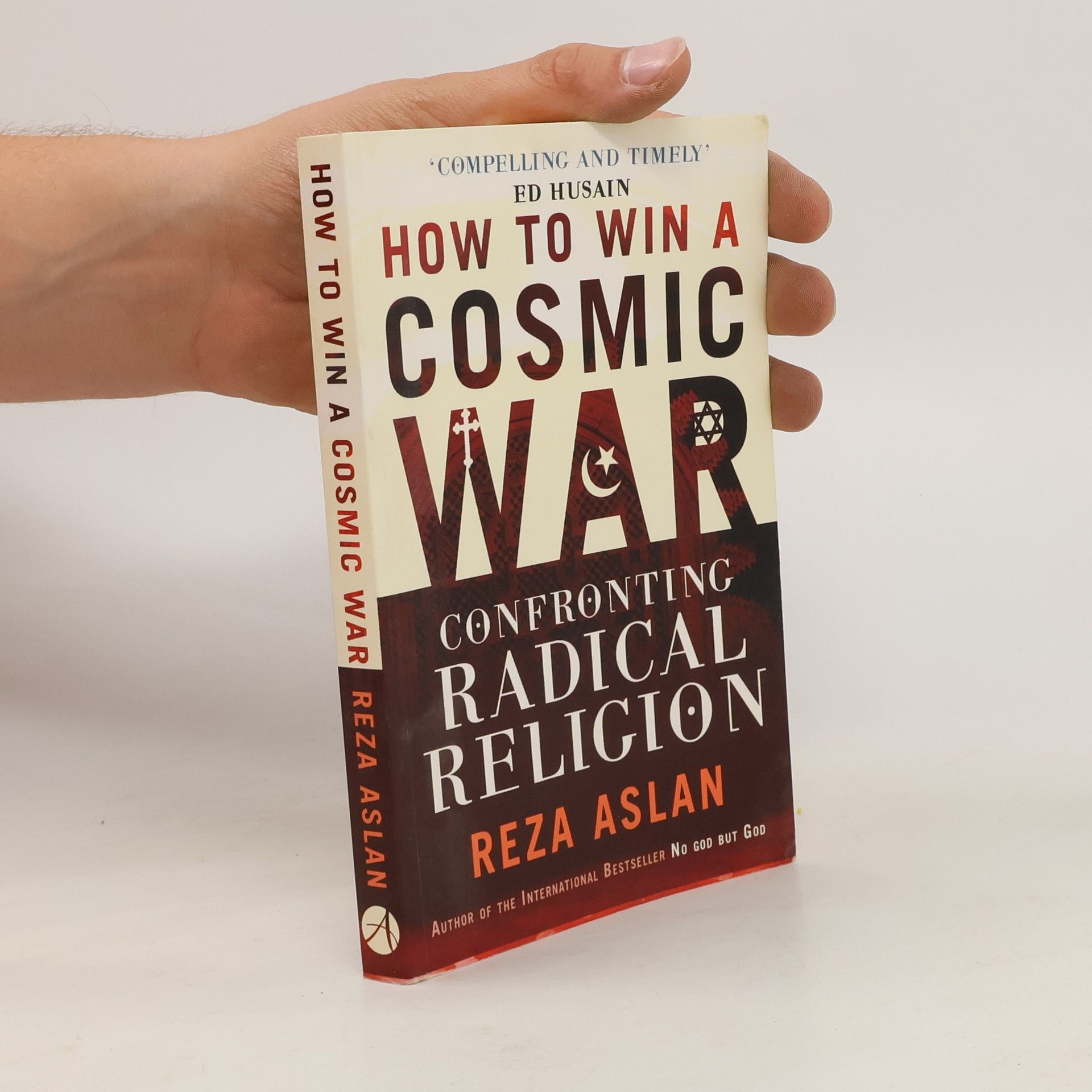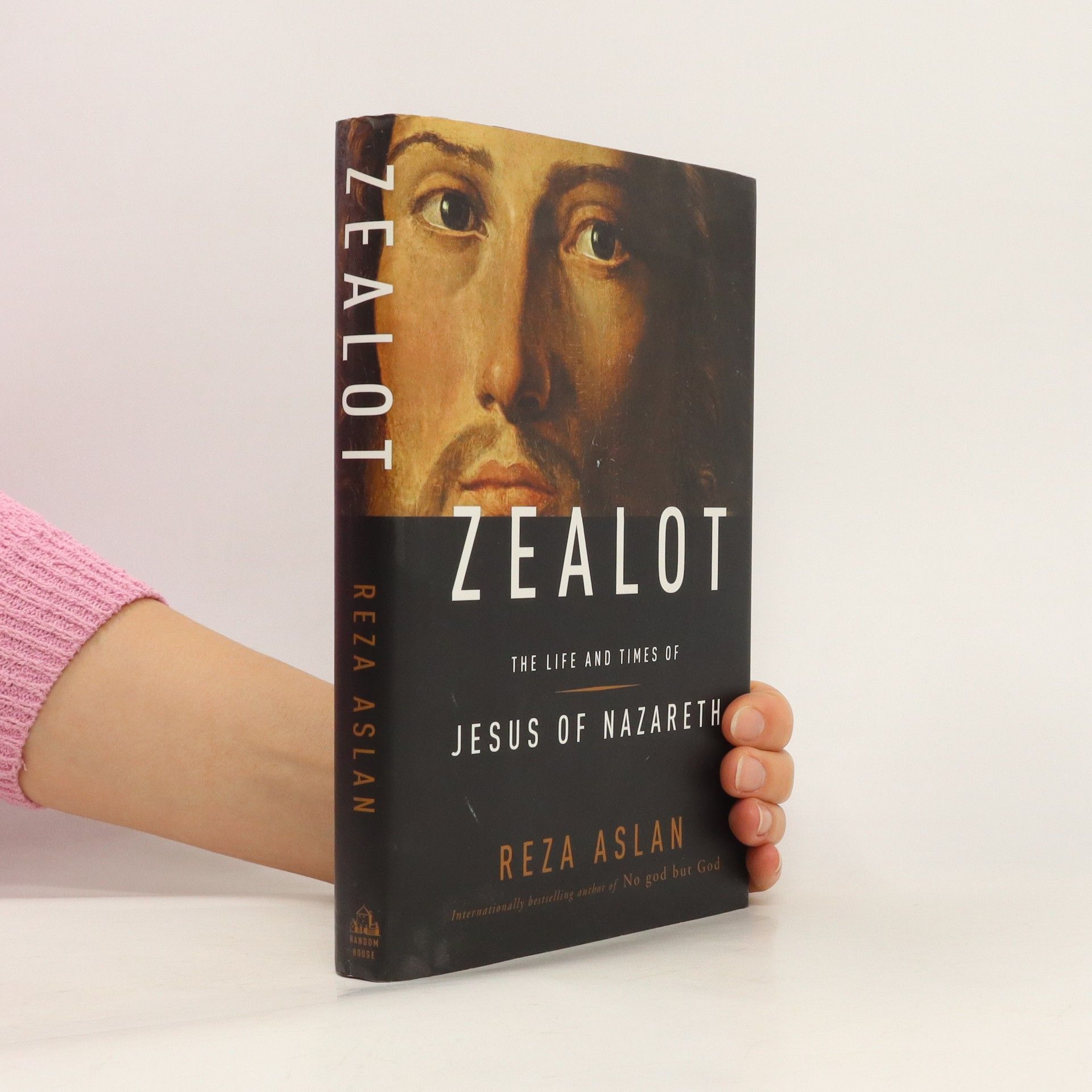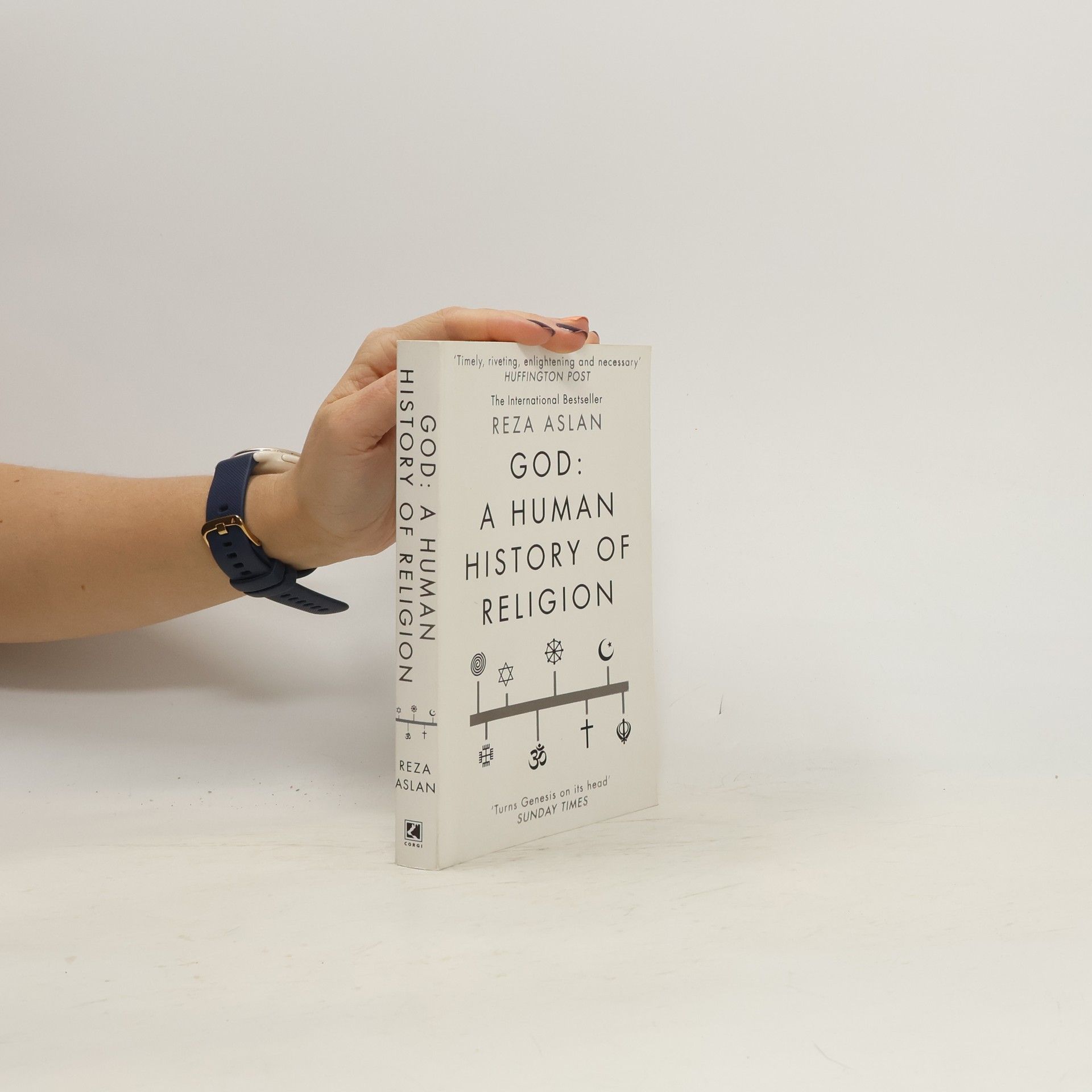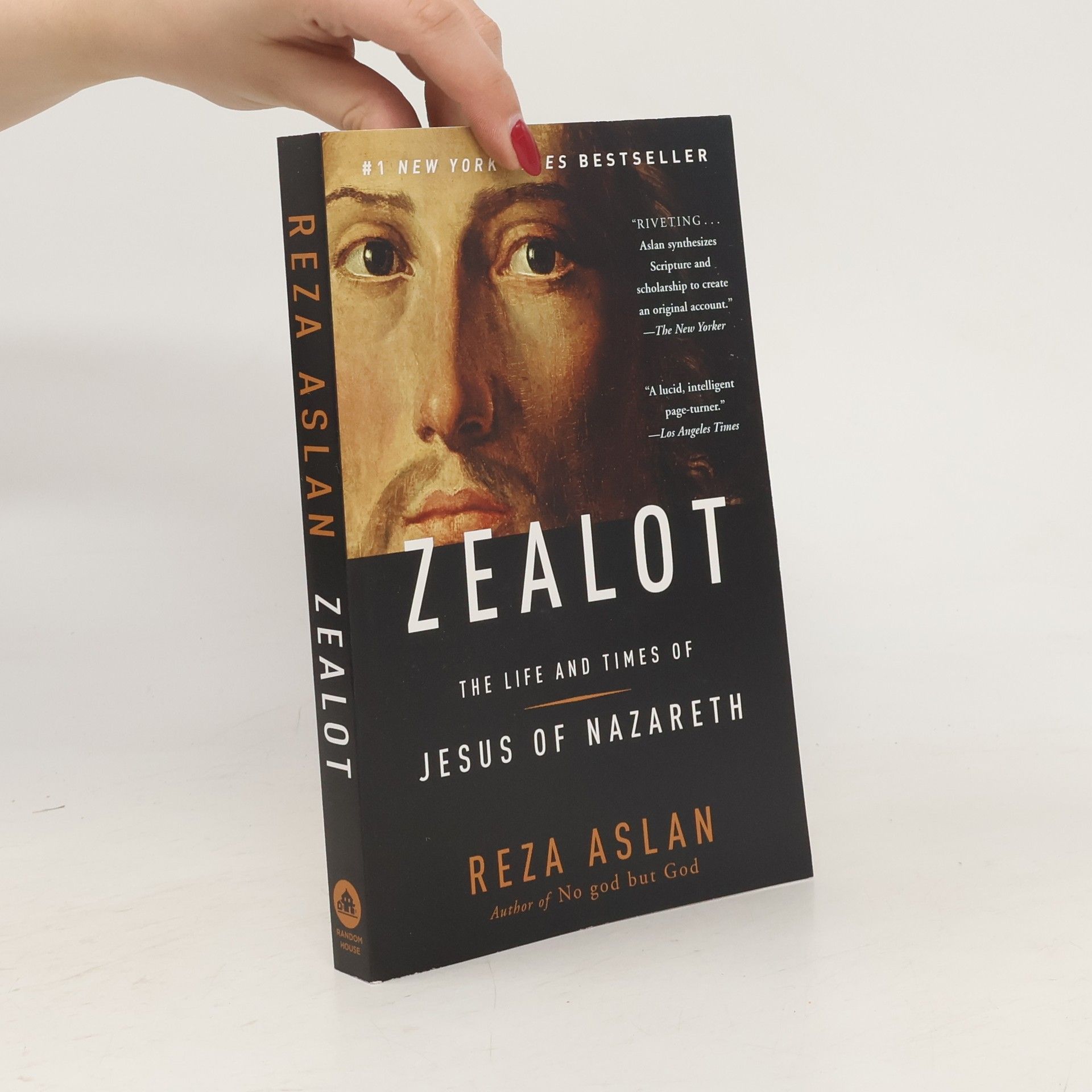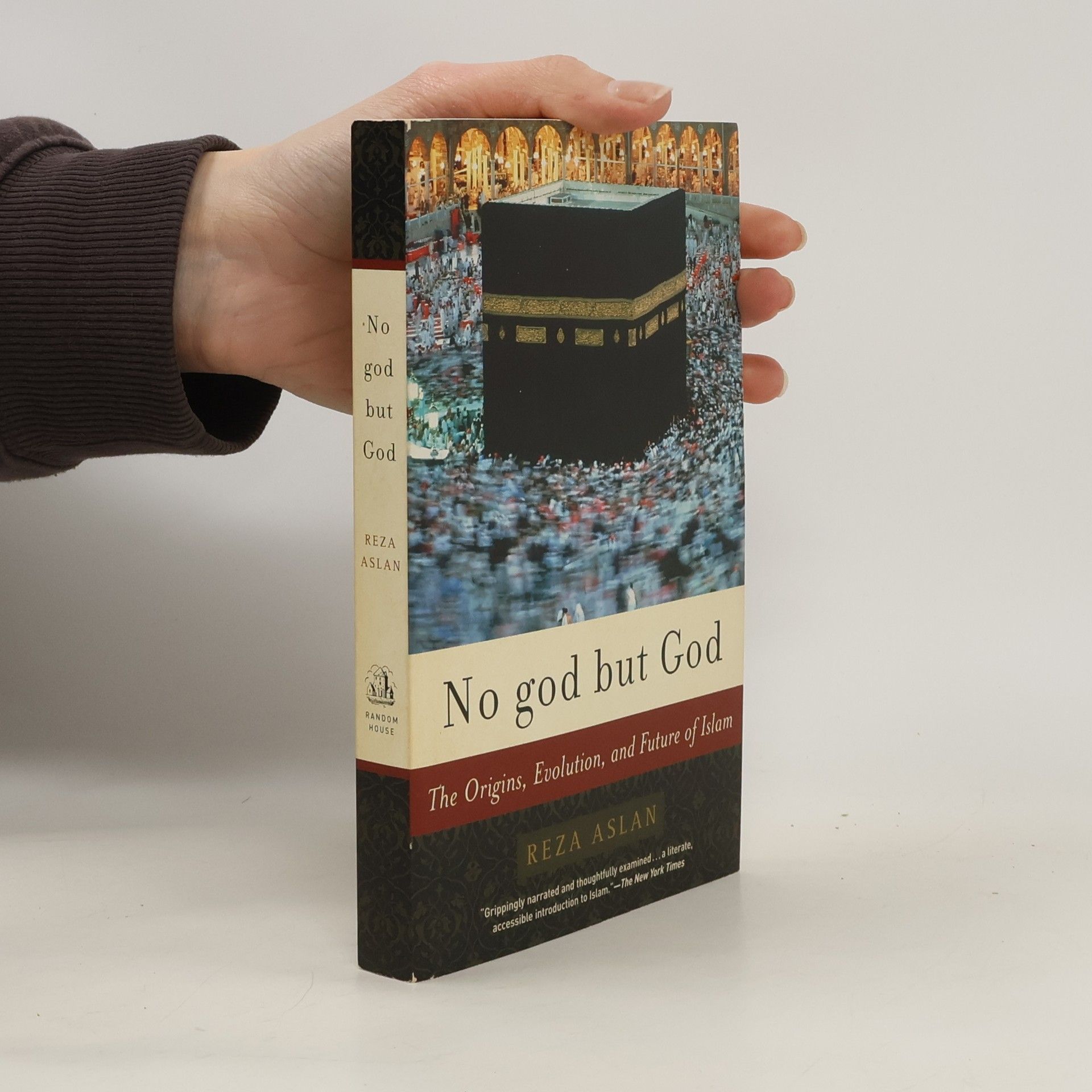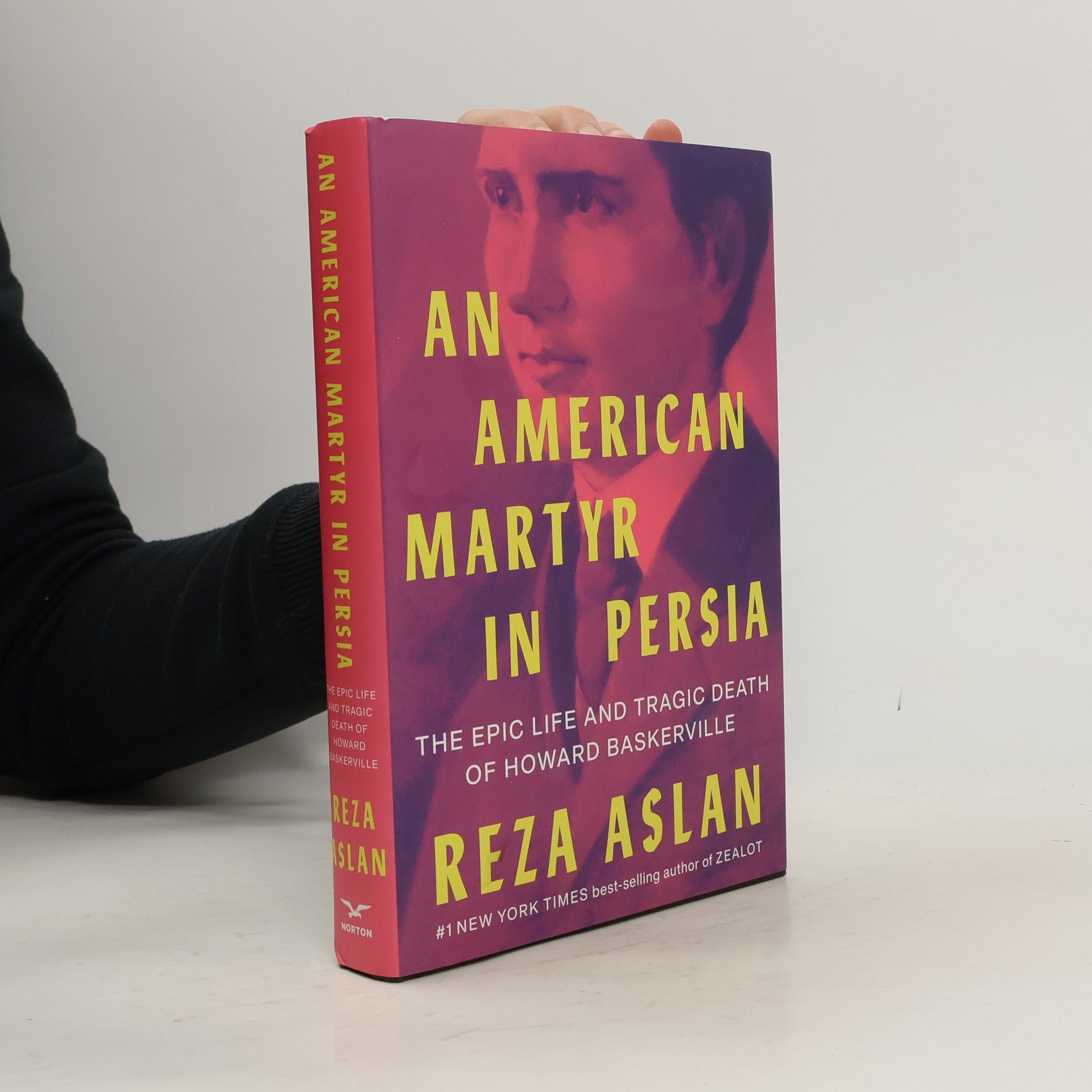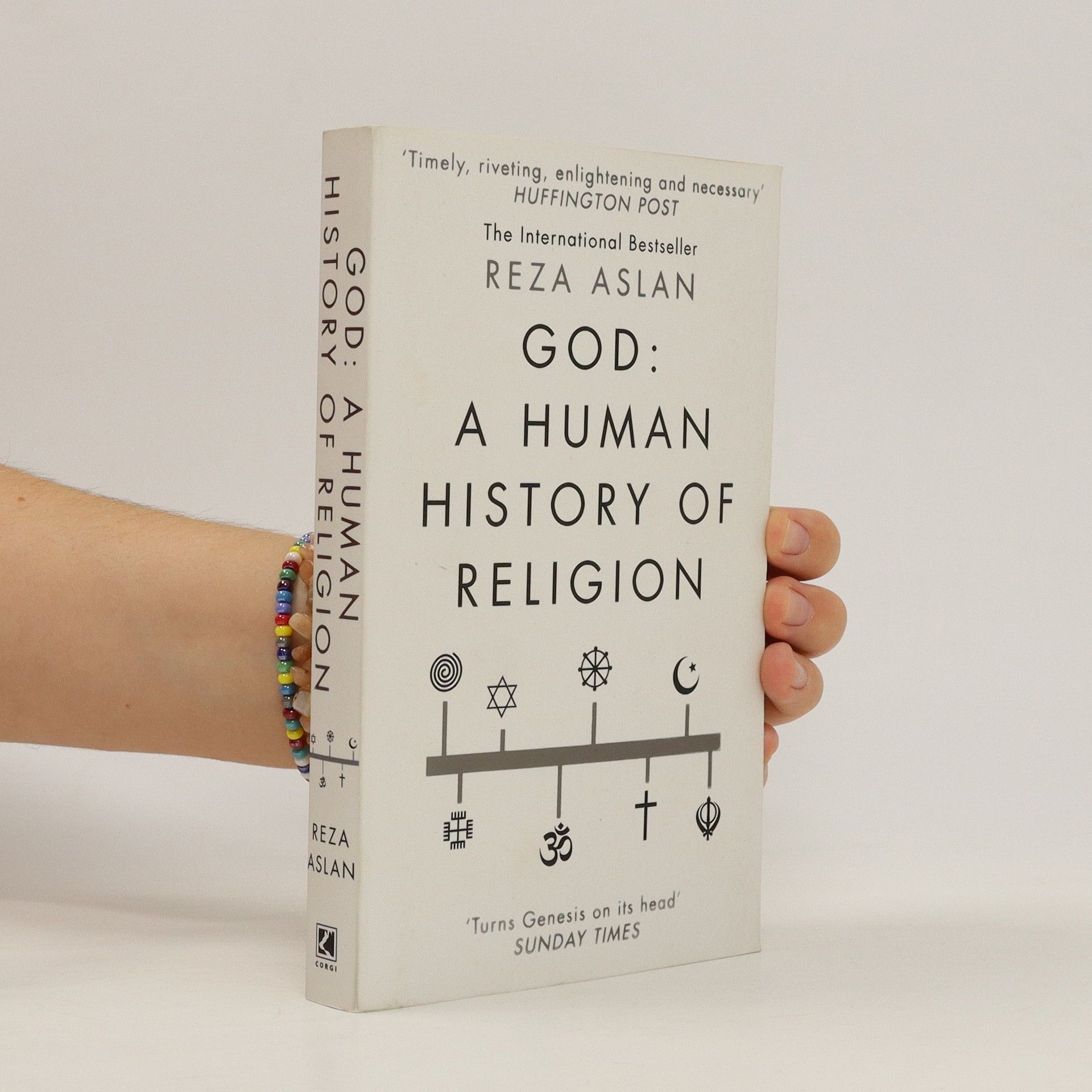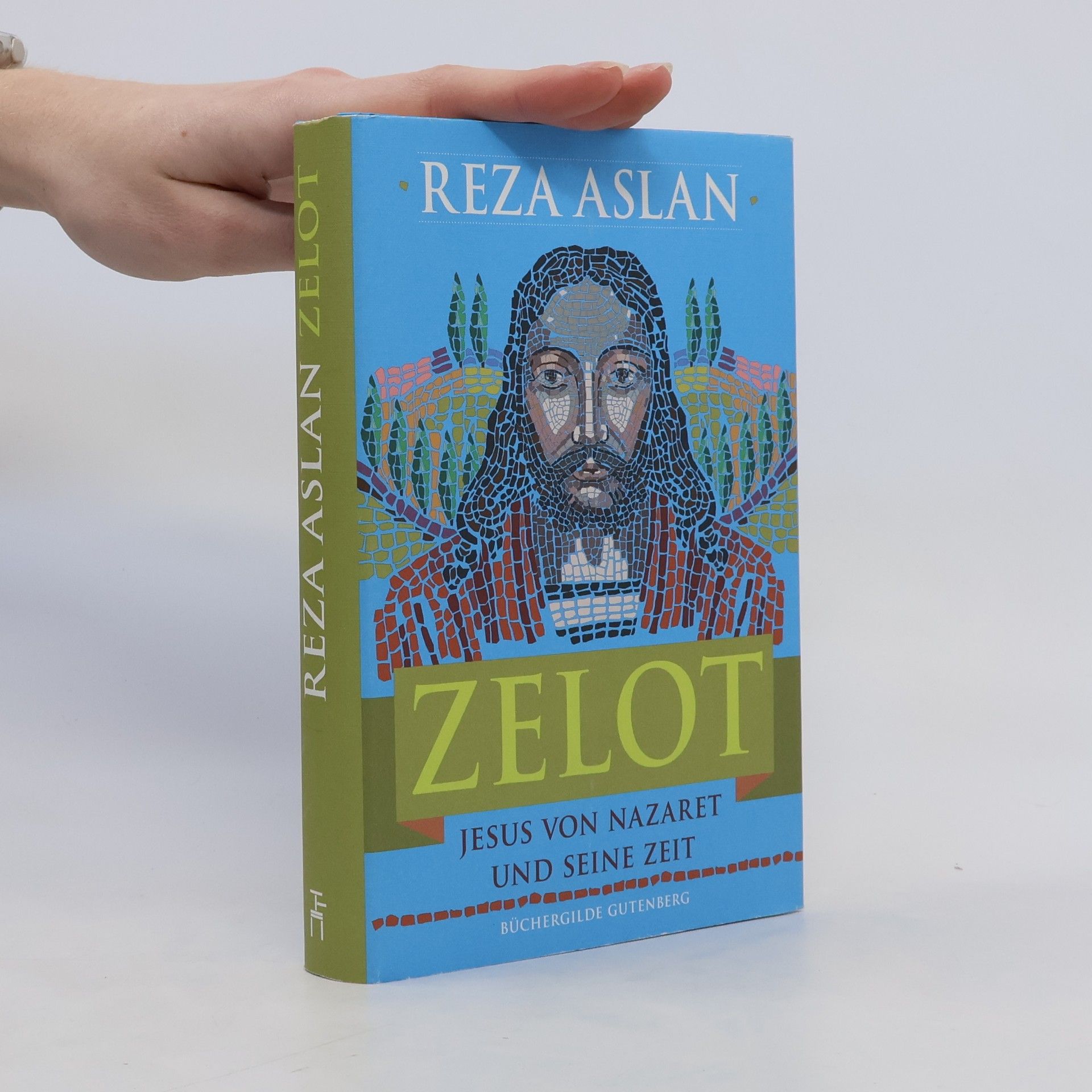An American Martyr in Persia
The Epic Life and Tragic Death of Howard Baskerville
- 384pages
- 14 heures de lecture
In this incisive biography, best-selling author Reza Aslan illustrates how one individual's actions can lead to profound global repercussions. Howard Baskerville, a little-known yet revered martyr in Iran, was a twenty-two-year-old Christian missionary from South Dakota who arrived in Persia (modern-day Iran) in 1907 to teach English and preach the gospel. He found himself amidst a groundbreaking democratic revolution led by passionate young reformers striving for a constitutional monarchy with free elections and an independent parliament. The Persian students he taught educated him about their fight for democracy, inspiring him to abandon his teaching role and join their struggle against a tyrannical shah supported by British and Russian interests. Baskerville famously stated, “The only difference between me and these people is the place of my birth," emphasizing the shared humanity in their quest for freedom. Tragically, he was killed in battle in 1909, but his martyrdom invigorated the revolutionaries who ultimately removed the shah and established a new constitution. Today, his tomb in Tabriz is a pilgrimage site for thousands honoring the American who sacrificed his life for Iran. Aslan's narrative serves as a compelling exploration of democracy's universal ideals and challenges Americans to reflect on their commitment to these principles abroad, while also providing crucial historical context about Iran, often misreprese

